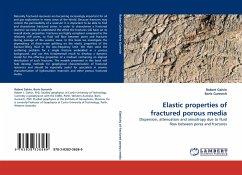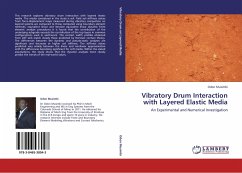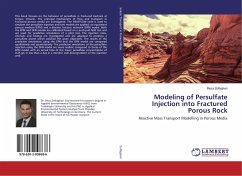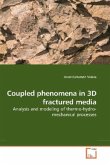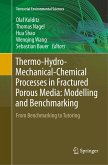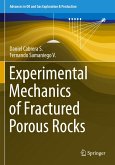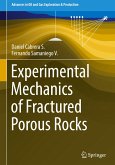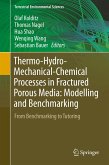Naturally fractured reservoirs are becoming increasingly important for oil and gas exploration in many areas of the World. Because fractures may control the permeability of a reservoir it is important to be able to find and characterise fractured zones. In order to characterise a fractured reservoir we need to understand the effect the fractures will have on its overall elastic properties. Fractures are highly compliant compared to the relatively stiff pores, so fluid will flow between pores and fractures during passage of the seismic wave. In this book we investigate the dependency of shear-wave splitting on the elastic properties of the fracture-filling fluid in the low-frequency limit. We then solve the scattering problem for a single fracture embedded in a porous background, and use this fundamental result to develop a dynamic model for the effective properties of a medium containing an aligned distribution of such fractures. The models presented in this book will help develop methods for geophysical characterisation of fractured reservoirs and should be especially useful for specialists in seismic characterisation of hydrocarbon reservoirs and other porous fractured media.

